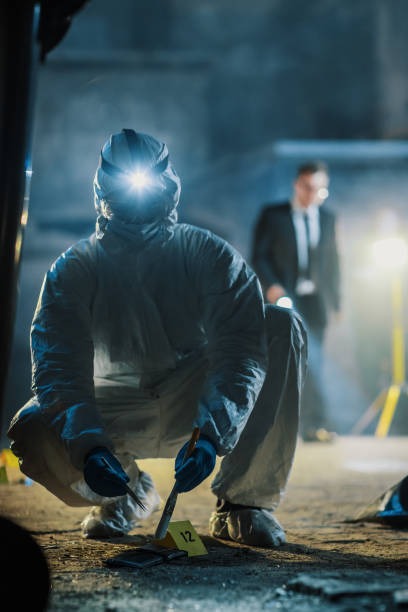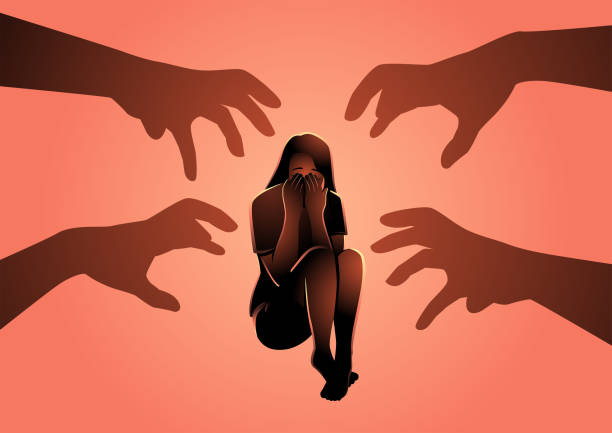How is Manslaughter Defined Under Penal Code 192 in San Diego?
In California, manslaughter is addressed under Penal Code 192, a statute that breaks the offense down into three distinct types: voluntary, involuntary, and vehicular. While each form of manslaughter involves the unlawful killing of a human being without malice aforethought, the law takes into account the circumstances under which the death occurred. Malice aforethought—the key factor that distinguishes murder from manslaughter—means having the intent to kill or seriously injure another person. When this intent is absent but a death still results from one’s actions, the legal system may treat the case as manslaughter under Penal Code 192. In San Diego, law enforcement and prosecutors evaluate the specific facts of the incident to determine whether charges of manslaughter are appropriate and, if so, which form applies.
Voluntary Manslaughter: Heat of Passion and Imperfect Self-Defense
Voluntary manslaughter under Penal Code 192(a) occurs when someone kills another person during a sudden quarrel, in the heat of passion, or based on an honest but unreasonable belief in the need to defend oneself. This type of killing happens under intense emotional conditions that would cause a reasonable person to lose self-control. For instance, discovering a spouse in the act of infidelity and responding with deadly force could fall under this category if the jury believes the response was provoked and impulsive. San Diego courts often examine whether the emotional response was reasonable under the circumstances and whether there was time to cool off before the act was committed. In some cases, imperfect self-defense—where the person believed they were in danger but that belief was not reasonable—can also reduce a murder charge to voluntary manslaughter.
Involuntary Manslaughter: Criminal Negligence and Unlawful Acts
Involuntary manslaughter, described under Penal Code 192(b), applies when a death is caused unintentionally due to criminal negligence or during the commission of a non-dangerous felony or a lawful act carried out unlawfully. The person charged does not intend to kill but acts with a disregard for human life or fails to act with the caution expected of a reasonable person. An example would be a construction worker failing to follow proper safety protocols, leading to a fatal accident. In San Diego, prosecutors must show that the defendant’s actions posed a high risk of death or great bodily harm and that the conduct amounted to more than ordinary carelessness. Involuntary manslaughter often arises in cases involving workplace accidents, negligent handling of firearms, or the unintentional overdose of another person due to the provision of drugs.
Vehicular Manslaughter: When Driving Turns Deadly
Vehicular manslaughter is detailed under Penal Code 192(c) and is specific to deaths that occur while the defendant is operating a vehicle. It can be charged as either a misdemeanor or a felony, depending on the driver’s conduct at the time of the incident. This offense typically involves gross negligence or unlawful acts committed behind the wheel, such as speeding excessively, driving under the influence, or engaging in reckless behavior. However, even a legal driving maneuver performed in a grossly negligent way can lead to charges under this provision. In San Diego, vehicular manslaughter is taken seriously, given the high number of traffic-related fatalities each year. Prosecutors look at whether the driver acted with disregard for the safety of others on the road and whether their conduct created a foreseeable risk of death. The consequences can be severe, especially if alcohol or drugs played a role.
Defending Against Manslaughter Charges in San Diego
Being charged under Penal Code 192 is a life-altering event. However, there are viable defense strategies depending on the circumstances of the case. Some common defenses include accidental death, mistaken identity, self-defense, or that the defendant’s actions did not rise to the level of criminal negligence. In cases of voluntary manslaughter, a defense might argue the absence of provocation or show that the defendant acted in reasonable self-defense. For involuntary manslaughter, it may be possible to demonstrate that the death was truly accidental and that the defendant’s behavior did not amount to criminal negligence. Vehicular manslaughter charges may be challenged by showing the defendant complied with traffic laws and did not act recklessly. Legal representation plays a vital role in navigating these defenses and ensuring that the accused’s rights are fully protected. At David P. Shapiro Criminal Defense Attorneys, our approach to handling manslaughter charges is rooted in careful investigation, strategic motion practice, and a deep understanding of the law surrounding Penal Code 192.
Conclusion: Why Legal Representation Matters in Manslaughter Cases
Charges under Penal Code 192 carry significant legal and personal consequences. A conviction can result in lengthy incarceration, loss of professional opportunities, and a permanent criminal record. San Diego prosecutors are aggressive in pursuing these cases, especially when public safety is involved. That’s why it’s essential to have a criminal defense team that knows how to challenge the prosecution’s evidence, highlight weaknesses in their case, and present a compelling alternative narrative. Whether the allegation is voluntary, involuntary, or vehicular manslaughter, your defense strategy should be tailored to the facts of the case and grounded in legal precision. With a thorough grasp of how manslaughter is defined under penal code 192, the legal team at David P. Shapiro Criminal Defense Attorneys is committed to protecting your future and fighting for the best possible outcome.







